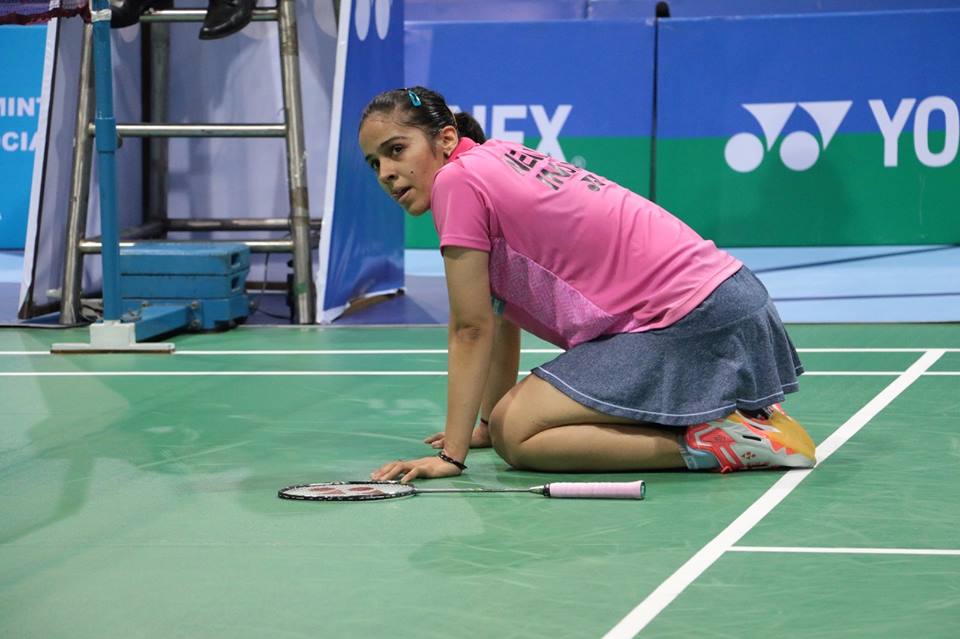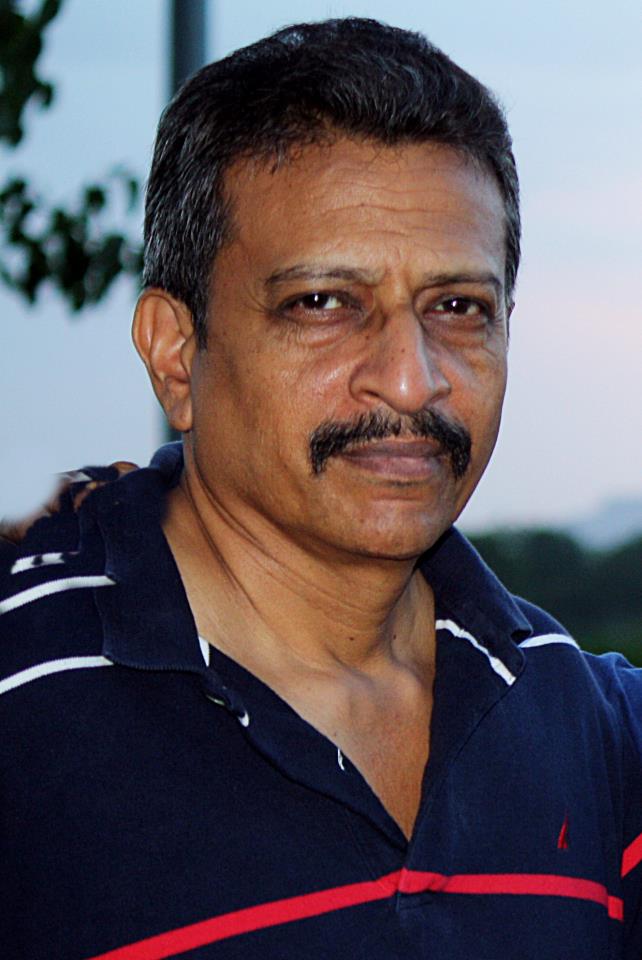Why can't India get more medals in Olympics?
We Indians are truly sleeping. We don't care about our players and we don't encourage them when they are young and need a boost. We only wake up at the time of the Olympics and expect them to bring us a bagful of medals.

One does not have to look too far to discover the reason for India's dismal performances in most sports events (except cricket). It is not that we do not have talent. In fact, at the junior levels India probably has more than the sports superpowers do. But our system of spotting talent and nurturing it is completely amateurish, haphazard, and doomed from the start. Our methods have neither the Government support like some countries have nor are they ruthlessly efficient like China and Japan. What we have is typically Indian “jugaad” methods which sometimes work partially, but more often do not work at all.
Most Indian children who are good at sport come from middle class or lower income families. The schools that they go to do not have facilities for sport. So they join a club where the coach is not likely to be highly-qualified or trained to coach children. The children play with equipment which is of sub-standard quality or even half-broken ones. As they grow older they have more hurdles to overcome. Namely apathy, inefficiency, politics, and nepotism. Many of them find the going too difficult and drop out. For every Sachin Tendulkar or Mary Kom who succeeds, there are ten others with equal ability who drop out without reaching their goal.The youth of India has enough talent to provide the country with a team of eleven Sachin Tendulkars or a dozen boxers like Mary Kom. India could easily be the world's leading superpower in sport. But instead, we squander all our resources and end up near the bottom.

 © Facebook - Mary Kom
© Facebook - Mary KomLet me give a few examples of the way sport is handled. These are incidents which have not been reported in the papers. When I was a journalist I was often asked by readers – why don't you report such things always? I used to tell them that these things happen so frequently that if we had to report each and every incident of apathy and inefficiency, there would be no space left in the newspaper to report the actual sport.
One such example which I still remember happened when I was covering a boxing national championship in Hyderabad a few years ago. On the last day of the event, it was announced that the bouts would begin two hours early at 1.30pm sharp, because the day's programme would be a very crowded one. So my fellow journalists and I landed up at the venue at the given time, only to find that the indoor stadium was totally dark and deserted. There was nobody around. We made frantic calls to various officials to find out what was happening, but all phones were switched off. After one hour a watchman came in and switched on the lights. After one more hour a few officials (judges, coaches, and administrators) began straggling in. All of them chewing "paan" and looking relaxed and happy after a sumptuous lunch. It turned out that somebody had thrown a farewell party since it was the last day. And there had been plenty of eating, drinking, merry-making and symbolic speeches by various “important” officials. So what if the boxing programme was delayed. That was hardly a priority.
This was how a senior national championship was being conducted. So we can guess how much worse things are at lower levels. And yet, these very people claim that they are highly dedicated and disciplined. They leave no stone unturned to promote sport, develop talent, encourage youngsters and so on. Clearly, they have no idea what dedication and discipline mean. And the example they are setting for the youth whose sports careers they control is obviously a very poor and uninspiring one.

 Sahana Kumari © Gettyimages
Sahana Kumari © Gettyimages In the year 2012 , a month before the London Olympics, I was covering an athletic meet which was the last chance for Indian athletes to qualify for the Olympics. Expectations were high that India's leading high jumper Sahana Kumari would achieve the required height.Her event was to begin at 5pm on the first day. But as usual , the chief guest arrived late, all and sundry gave long speeches, and the programme was delayed. By the time the high jump event began, it was quite late. All the VIPs and spectators had left. There was nobody around to cheer or encourage the girl. But she continued her efforts with great determination.
Little by little she began nearing the target. Finally, at about 10.30pm she cleared the required height, qualified for the London Olympics and also broke a long-standing national record. By that time the entire stadium was pitch dark. Except for a small patch of light near the high jump area where she was performing. The only people present were the few judges who were recording the proceedings and a handful of us journalists who had to wait till the end so that we could report it in our respective newspapers.
At that point, her Russian coach made a comment which I will never forget. He looked at the darkened stadium and the lifeless galleries and said, “Sahana Kumari is breaking records, but India is sleeping.” How true. We Indians are truly sleeping. We don't care about our players and we don't encourage them when they are young and need a boost. That is when they need funds, good equipment, and specialised coaching. Our sports system kills talent and grinds the dreams and ambitions of our youth into the dust. We only wake up at the time of the Olympics and expect them to bring us a bagful of medals.

Comments
Sign up or log in to your account to leave comments and reactions
0 Comments